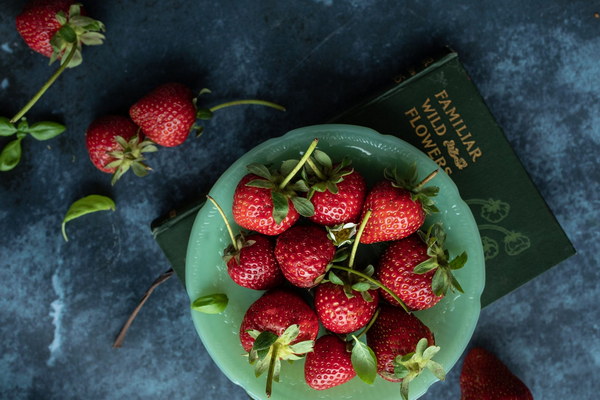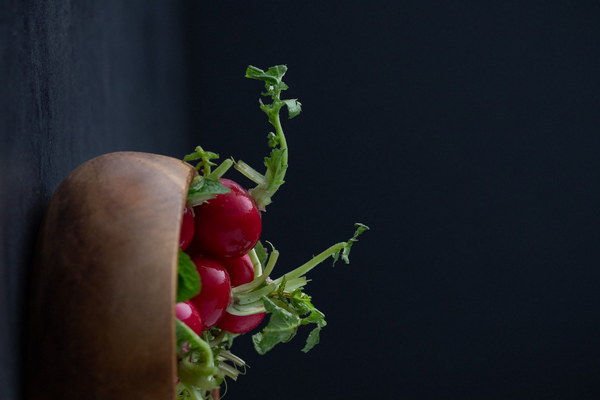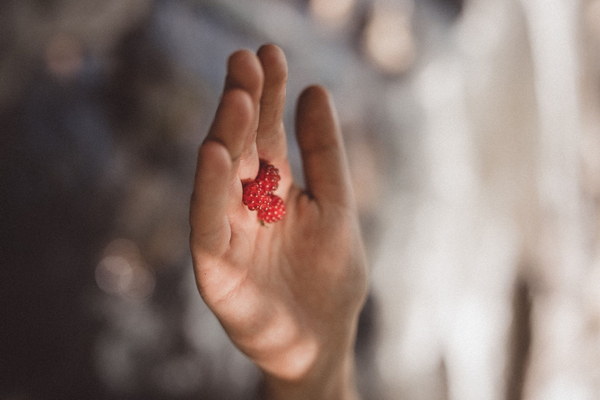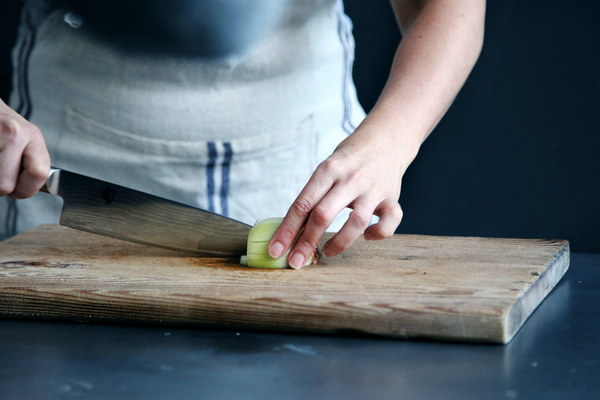Revolutionizing Hair Health The Innovative Approach of Zhoushan's Sulongtou Therapy
In the heart of the beautiful coastal city of Zhoushan, China, lies a hidden gem that is revolutionizing the way people approach hair care and treatment. Known as Sulongtou Therapy, this ancient practice has been refined over centuries to provide a holistic solution for those struggling with hair loss, scalp issues, and general hair health concerns. Let's delve into the fascinating world of Sulongtou Therapy and explore how it has become a beacon of hope for many.
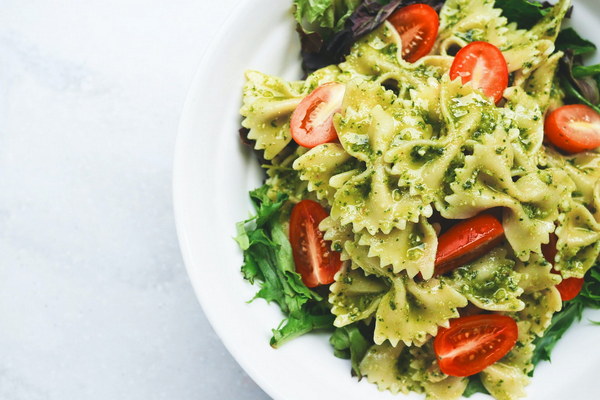
The Art of Sulongtou Therapy
Sulongtou Therapy is a unique blend of traditional Chinese medicine and local wisdom, specifically designed to address hair-related problems. The therapy is rooted in the belief that the health of the hair and scalp is intricately connected to the overall well-being of an individual. By focusing on the root cause of hair issues, Sulongtou Therapy aims to restore and maintain a healthy scalp and lustrous hair.
The process begins with a thorough consultation, where an experienced therapist assesses the client's hair type, scalp condition, and overall health. This personalized approach ensures that the therapy is tailored to the individual's specific needs. The therapist then selects a combination of natural ingredients, herbs, and essential oils that are known for their hair-nourishing properties.
The Magic Ingredients
What sets Sulongtou Therapy apart is the use of natural ingredients that have been used for centuries in traditional Chinese medicine. Some of the key components include:
- Ginseng: Known for its rejuvenating properties, ginseng is used to stimulate hair growth and improve scalp circulation.
- Green Tea: Rich in antioxidants, green tea helps to combat hair loss by reducing scalp inflammation and promoting a healthy environment for hair growth.
- Coconut Oil: This natural emollient deeply penetrates the scalp, providing hydration and nourishment to the hair follicles.
- Honey: With its antibacterial and antifungal properties, honey helps to keep the scalp clean and free from infections that can lead to hair loss.
The Sulongtou Therapy Process
The therapy session typically involves the following steps:
1. Scalp Massage: The therapist performs a gentle massage to stimulate blood circulation and relax the scalp, preparing it for the application of the herbal mixture.
2. Herbal Application: A customized blend of natural ingredients is applied to the scalp, ensuring that each hair strand and follicle receives the necessary nutrients.
3. Scalp Steam: A warm steam is used to open up the pores on the scalp, allowing the herbs to penetrate deeper into the hair follicles.
4. Compress: A warm compress is applied to the scalp to seal in the nutrients and enhance the absorption of the herbal mixture.
5. Final Massage: The therapist concludes the session with a soothing massage to promote relaxation and further improve blood flow.
The Benefits of Sulongtou Therapy
The benefits of Sulongtou Therapy are numerous:
- Hair Growth: The therapy has been proven to stimulate hair growth and reduce hair loss.
- Scalp Health: It helps to maintain a healthy scalp by preventing infections and reducing inflammation.
- Stress Relief: The scalp massage and overall experience of the therapy promotes relaxation and stress relief.
- Natural Ingredients: The use of natural ingredients ensures that the therapy is gentle and free from harsh chemicals.
Conclusion
Sulongtou Therapy in Zhoushan is not just a hair treatment; it is a journey towards holistic health and wellness. By combining ancient wisdom with modern techniques, this therapy offers a safe and effective solution for those seeking to improve their hair health. Whether you're dealing with hair loss, scalp issues, or simply want to maintain the health of your hair, Sulongtou Therapy might just be the answer you've been looking for.


